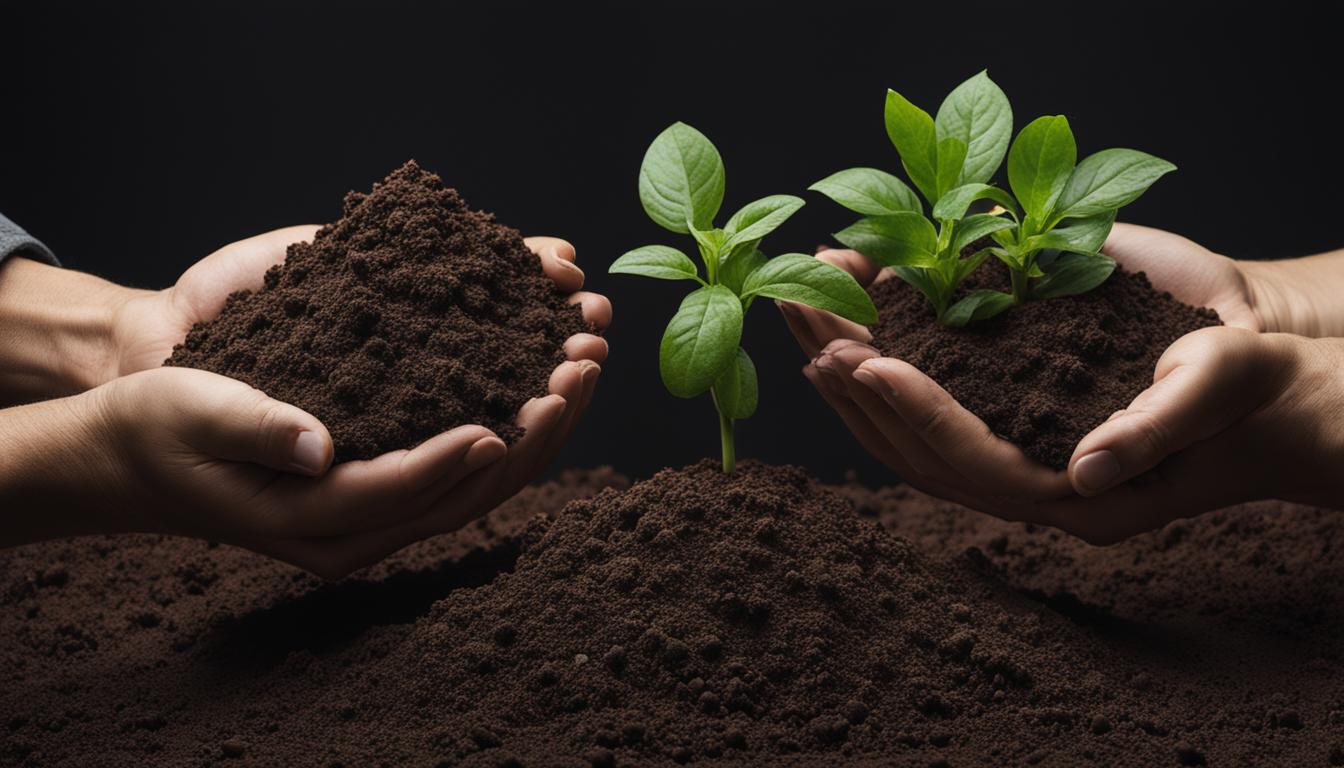
When it comes to gardening, choosing the right soil is crucial for the success of your plants. Organic and synthetic soils are two popular options, each with their own unique characteristics.
In this article, I will provide a comprehensive comparison between organic and synthetic soils, highlighting the differences and helping you make an informed decision for your gardening needs.
Benefits of Organic Soil
When it comes to gardening, organic soil offers a plethora of benefits that contribute to sustainable practices and optimal plant growth. One of the key advantages of organic soil is its ability to improve overall soil health.
The presence of organic matter, such as compost and manure, increases the nutrient content of the soil and promotes the growth of beneficial microorganisms.
This, in turn, enhances the soil’s ability to retain moisture and improves its drainage and airflow. As a result, plants grown in organic soil tend to be healthier, with higher yields and increased disease resistance.
Another significant benefit of organic soil is its role in supporting sustainable gardening practices. Unlike synthetic soil, organic soil is free from harmful chemicals and promotes natural nutrient cycles.
By avoiding the use of chemical fertilizers and pesticides, organic soil helps maintain a balanced ecosystem in the garden. It also reduces the likelihood of pest attacks, as many pests are deterred by the presence of beneficial microorganisms that thrive in organic soil.
Organic soil is an excellent choice for those gardening in drought-prone areas, as it has a higher water retention capacity compared to synthetic soil.
Overall, organic soil provides a holistic approach to gardening that prioritizes the health of both plants and the environment. By opting for organic soil, gardeners can create a sustainable and thriving garden while reducing their reliance on harmful chemicals.
Whether you are growing vegetables, flowers, or herbs, choosing organic soil can lead to healthier plants, higher yields, and a more resilient garden ecosystem.
The Benefits of Organic Soil at a Glance:
- Improves overall soil health
- Enhances plant growth and disease resistance
- Promotes sustainable gardening practices
- Reduces the need for chemical fertilizers and pesticides
- Increases water retention capacity
| Organic Soil | Synthetic Soil | |
|---|---|---|
| Composition | Composed of organic matter like compost and manure | Composed of inorganic materials like perlite and peat moss |
| Advantages |
|
|
| Disadvantages |
|
|
Advantages of Synthetic Soil
When it comes to gardening, synthetic soil offers several advantages that can enhance plant growth and productivity. One of the key benefits of synthetic soil is its ability to provide precise and easily accessible nutrients to plants.
Synthetic soil is specifically formulated to meet the nutritional needs of different plants, ensuring that they receive the right balance of minerals and vitamins for optimal growth.
This targeted approach helps to maximize plant health and productivity, making synthetic soil a popular choice for gardeners looking to achieve faster and more consistent results.
Another advantage of synthetic soil is its ability to promote faster plant growth. The carefully selected ingredients in synthetic soil are designed to provide an ideal growing environment for plants, allowing them to develop strong root systems and access nutrients more efficiently.
This accelerated growth can be especially beneficial for gardeners who want to see quick results or who are growing plants with short growing seasons.
Synthetic soil provides greater control over nutrient levels and pH balance. This control allows gardeners to customize the soil composition to meet the specific requirements of different plants.
By adjusting the nutrient levels and pH, gardeners can create an environment that promotes optimal growth and health. This flexibility is particularly valuable for those growing plants with specific nutrient or pH preferences, ensuring that the soil conditions are tailored to meet their unique needs.
The Benefits of Synthetic Soil at a Glance:
- Precise and easily accessible nutrients
- Faster plant growth
- Greater control over nutrient levels and pH balance
Comparing Organic and Synthetic Soils
| Factors | Organic Soil | Synthetic Soil |
|---|---|---|
| Nutrient Content | Relies on organic matter | Precise and easily accessible nutrients |
| Plant Growth | Develops healthier and more resilient plants | Promotes faster growth |
| Control over Nutrients | Natural nutrient cycles | Customizable nutrient levels |
While synthetic soil offers various advantages for gardening, it is essential to consider all factors before making a decision. The choice between organic and synthetic soil ultimately depends on personal preferences, specific gardening goals, and the unique needs of the plants being grown.
By weighing the benefits and drawbacks of each option, gardeners can make an informed decision that will best support their gardening endeavors.

Organic vs. Synthetic Soil Composition
When it comes to the composition of organic and synthetic soils, there are significant differences to consider. Organic soil is primarily composed of decomposed organic matter, such as compost, leaves, and manure.
These organic materials contribute rich nutrients to the soil, promoting healthy plant growth and supporting the growth of beneficial microorganisms. Organic soil also helps retain moisture, improving water retention in the soil ecosystem.
Synthetic soil, on the other hand, is composed of inorganic materials like perlite, expanded clay aggregate, and peat moss.
These materials do not provide organic matter to the soil and may lack the natural nutrient content found in organic soil. Synthetic soil often requires the addition of chemical fertilizers to provide necessary nutrients for plant growth.
To illustrate the composition differences between organic and synthetic soil, here is a table highlighting their key characteristics:
| Organic Soil | Synthetic Soil |
|---|---|
| Composed of decomposed organic matter | Composed of inorganic materials |
| Rich in natural nutrients | May lack natural nutrient content |
| Supports the growth of beneficial microorganisms | Does not promote the growth of microorganisms |
| Improves water retention | May require additional watering due to lower water retention |
Understanding the composition of organic and synthetic soils can help you make an informed decision when choosing the right soil for your gardening needs.
Consider the nutrient requirements of your plants, the desired moisture retention, and the presence of beneficial microorganisms in the soil ecosystem.
Differences in Organic Matter and Inorganic Materials
The key distinction between organic and synthetic soil lies in the presence or absence of organic matter. Organic soil, with its decomposed organic materials, contributes essential nutrients and promotes a healthy soil ecosystem.
In contrast, synthetic soil relies on inorganic materials and may require the addition of chemical fertilizers to provide necessary nutrients.
“Organic soil offers the benefits of natural nutrient cycles and supports sustainable gardening practices by avoiding the use of harmful chemicals.”
While organic soil composition is beneficial for long-term soil health, synthetic soil offers precise nutrient control and faster plant growth. Consider your gardening goals and the specific needs of your plants to determine which type of soil will best support their growth and overall health.
Choosing the Right Soil for Plants
When it comes to choosing the right soil for your plants, there are several factors to consider. It’s important to evaluate the specific needs of the plants you are growing, including their nutrient requirements, water retention needs, and preferred pH levels.
The overall health and fertility of the soil and its drainage capabilities should be taken into account. By considering these factors, you can make an informed decision and select the soil that will best support the growth and development of your plants.
One important consideration when choosing soil is the specific nutrient requirements of your plants. Different plants have different nutrient needs, and choosing a soil that can provide the necessary nutrients is essential for their health and vitality.
Some plants may require higher levels of certain nutrients, while others may prefer a soil with lower nutrient levels. By understanding the nutrient requirements of your plants, you can select a soil that will meet their needs and promote their overall growth and development.
Water retention is another crucial factor to consider when selecting soil for your plants. Some plants require soil that retains moisture well, while others prefer soil that drains quickly.
Understanding the water retention needs of your plants will help you choose a soil that will provide the right balance of moisture for optimal growth. Considering the drainage capabilities of the soil is important to prevent waterlogging, which can lead to root rot and other issues.
Factors to Consider when Choosing Soil:
- Nutrient requirements of your plants
- Water retention needs of your plants
- Preferred pH levels for your plants
- Overall health and fertility of the soil
- Drainage capabilities of the soil
By considering these factors and carefully selecting the right soil for your plants, you can create an optimal growing environment that will support their health and productivity.
Whether you prioritize sustainable gardening practices or require precise nutrient control and faster plant growth, understanding the needs of your plants and making an informed decision will ensure their success in your garden.
| Factors to Consider | Organic Soil | Synthetic Soil |
|---|---|---|
| Nutrient Requirements | Varied nutrient levels based on organic matter content | Precise and easily accessible nutrients |
| Water Retention | Retains more water | May require additional watering |
| pH Levels | Varied pH levels based on organic matter content | Can be easily adjusted for specific plant requirements |
| Soil Health | Promotes overall soil health and natural nutrient cycles | May lack organic matter and natural nutrient cycles |

Organic vs. Synthetic Soil for Gardening
When it comes to gardening, choosing the right soil is crucial for the overall health and success of your plants. Two common options are organic soil and synthetic soil, each offering its own set of advantages and disadvantages. Let’s take a closer look at the pros and cons of these two types of soil.
Organic Soil
Organic soil is derived from natural materials such as compost, leaves, and manure. It is rich in organic matter, which improves soil health and fertility. The use of organic soil promotes sustainable gardening practices as it avoids the use of chemicals that can harm the environment.
Organic soil also supports natural nutrient cycles and encourages the growth of beneficial microorganisms. This type of soil retains moisture well, provides essential nutrients to plants, and enhances their disease resistance.
Synthetic Soil
Synthetic soil, also known as artificial or inorganic soil, is a man-made alternative. It is typically composed of materials like perlite, peat moss, and expanded clay aggregate. One of the major advantages of synthetic soil is its precise nutrient control, allowing for faster plant growth.
Synthetic soil often contains added fertilizers and products that promote disease and pest resistance. It can be particularly useful for commercial agriculture, where maximizing yields is a priority. Synthetic soil lacks the organic matter found in natural soil, which can affect its long-term health and sustainability.
The Pros and Cons
| Organic Soil | Synthetic Soil |
|---|---|
| Supports sustainable gardening practices | Precise nutrient control for faster plant growth |
| Improves overall soil health and fertility | Contains added fertilizers and pest-resistant products |
| Promotes natural nutrient cycles | Lacks organic matter for long-term soil health |
| Enhances disease resistance in plants | May require the use of chemicals |
When deciding between organic and synthetic soil for gardening, consider your gardening goals, the specific needs of your plants, and your commitment to sustainable practices.
Organic soil offers natural benefits and supports a healthier soil ecosystem, while synthetic soil provides precise nutrient control and faster growth. It’s essential to weigh the pros and cons based on your preferences and the needs of your garden.
Organic vs. Synthetic Soil in Agriculture
When it comes to agriculture, the choice between organic and synthetic soil can have far-reaching implications. Organic farming practices prioritize sustainability, soil health, and natural nutrient cycles.
By using organic soil, farmers can promote the growth of healthy plants while reducing their reliance on chemicals. Although organic farming may result in slightly lower yields compared to conventional farming, it offers long-term benefits for soil health and environmental sustainability.
In contrast, conventional farming often relies on synthetic soil to maximize yields through precise nutrient control and faster plant growth. Synthetic soil allows farmers to provide plants with specific and easily accessible nutrients, but it also comes with some drawbacks.
The use of synthetic soil typically involves the application of synthetic fertilizers, which can contribute to environmental concerns such as nutrient runoff and soil degradation.
The decision between organic and synthetic soil in agriculture ultimately depends on the values, economic considerations, and environmental impact assessments of the farmers.
Organic farming aligns with sustainable practices and supports the long-term health of the soil, while conventional farming prioritizes immediate yield optimization. Each approach has its advantages and disadvantages, making it crucial for farmers to carefully evaluate their goals and the potential impacts on the environment.
After reading this, check out our other articles on:
- Easy DIY Potting Soil Guide to Master Gardening
- Peat Moss for Soil Aeration: Enhance Your Garden Today!
FAQ
What is the difference between organic and synthetic soil?
Organic soil is derived from organic materials and is free from chemicals, while synthetic soil is made up of inorganic materials and often includes chemical fertilizers.
What are the benefits of using organic soil?
Organic soil improves overall soil health, promotes healthier plant growth, increases disease resistance, retains more water, and supports sustainable gardening practices.
What advantages does synthetic soil offer?
Synthetic soil provides precise and easily accessible nutrients, promotes faster plant growth, and allows for greater control over nutrient levels and pH balance.
What is the composition of organic soil?
Organic soil is composed of decomposed organic matter, such as compost, leaves, and manure, which provide nutrients and promote the growth of beneficial microorganisms.
What materials make up synthetic soil?
Synthetic soil is made up of inorganic materials like perlite, expanded clay aggregate, and peat moss, which do not contribute organic matter to the soil.
How do I choose the right soil for my plants?
Consider the specific needs of your plants, including their nutrient requirements, water retention needs, and preferred pH levels. Also, evaluate the overall health and fertility of the soil and its drainage capabilities.
Should I use organic or synthetic soil for gardening?
The choice between organic and synthetic soil depends on your personal preferences, gardening goals, and the specific needs of your plants.
What is the difference between organic and synthetic soil in agriculture?
Organic farming prioritizes sustainable practices, soil health, and natural nutrient cycles, while conventional farming focuses on maximizing yields through precise nutrient control but may contribute to environmental concerns.


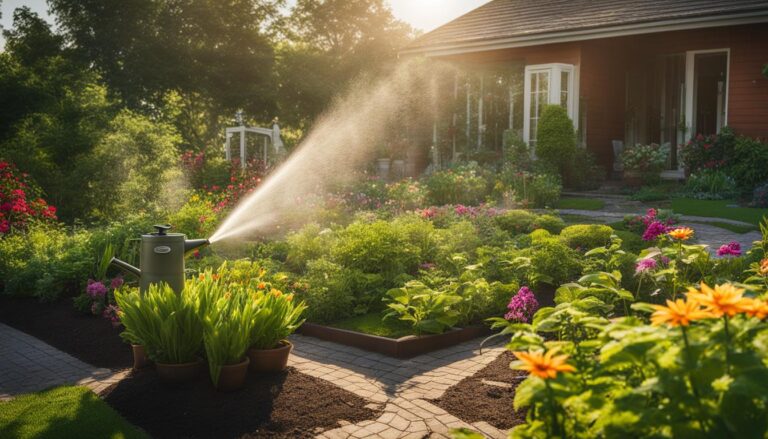
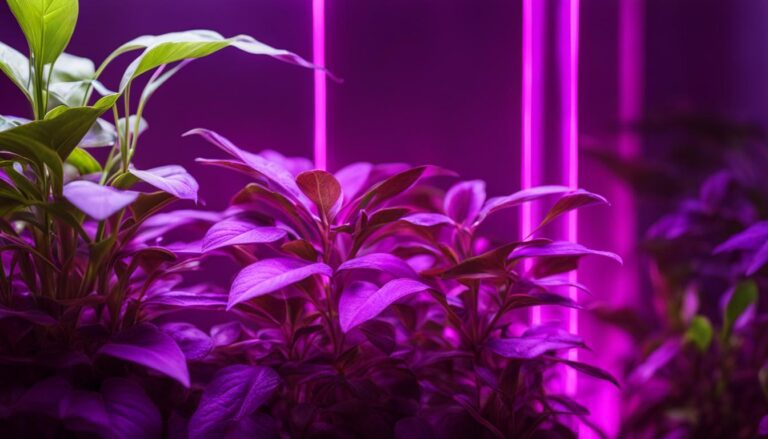

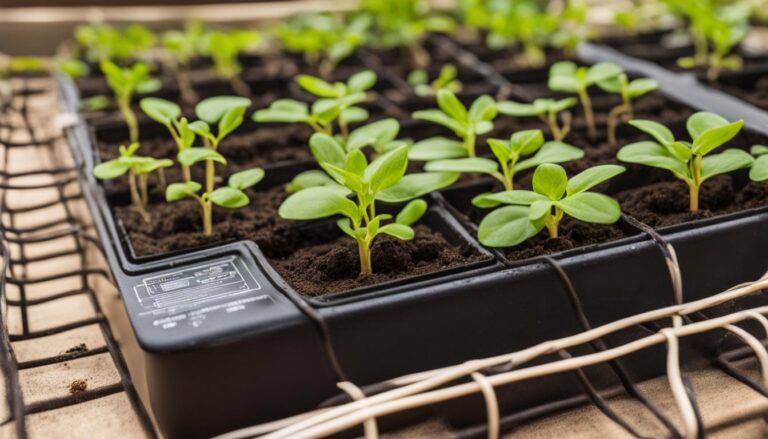
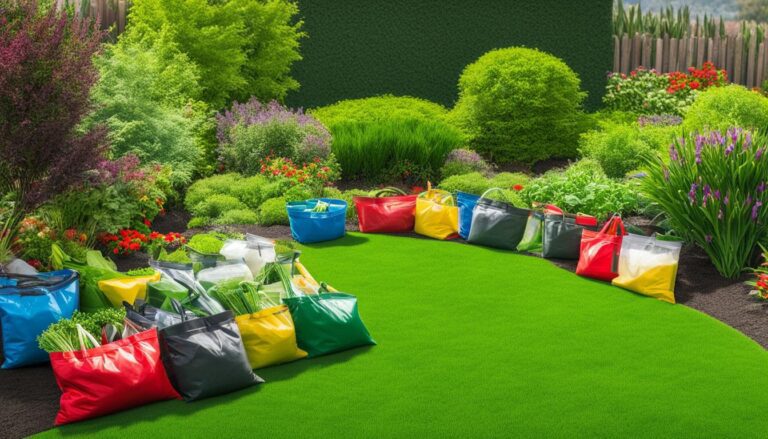
2 Comments
Comments are closed.